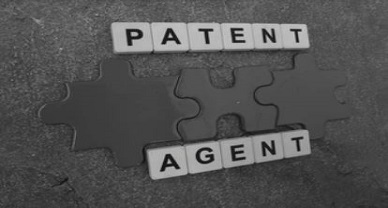Patent Application Refused On Obviousness Ground
A recent case of opposition before the Indian Patent Office highlights the importance of an inventive step. Khurana and Khurana, Advocates and IP Attorneys (K&K) represented the Opponent in the matter wherein the patent application was rejected for want of inventive step, or in other words, for being obvious.
Non-obviousness criteria form one of the fundamental requirements for a patent. Test for non-obviousness, that is lack of obviousness could, however, be tricky – it is determined at the time of the invention from the perspective of a person ordinarily skilled in the art. An important ingredient for an invention to be non-obvious would be inventiveness, that is, the level of advancement over the known knowledge pool at the time of the invention.
The Indian Patents Act, 1970 (“Patents Act”) under section 2(1)(j) and 2(1)(JA) state that both product and process can be an invention when it is new, involving an inventive step and capable of industrial application, while “inventive step” is defined to mean a feature of an invention that involves technical advance as compared to the existing knowledge or having economic significance or both and that makes the invention not obvious to a person skilled in the art. Lack of inventive step is a ground on which a patent application can be opposed and rejected under section 25(1) and 25(2) of the Patents Act, as well as forms grounds of revocation of a patent under section 64(1) of Patents Act.
In the instant case, the invention pertained to the gemstone processing machine, specifically for use of laser and an arrangement for the laser resonator which can be used for sawing, bruting, and girdling of a gemstone. The Learned Controlled, referred to the prior art cited during the examination as well as by the Opponent, viewed the application from the point of a person ordinarily skilled in the art, and established that the instant invention would be rendered obvious upon reading the cited arts either alone or in combination.
Author: Arindam Purkayastha, Associate, at IP and Legal Filings and can be reached at support@ipandlegalfilings.com.
References:
[1] https://www.khuranaandkhurana.


